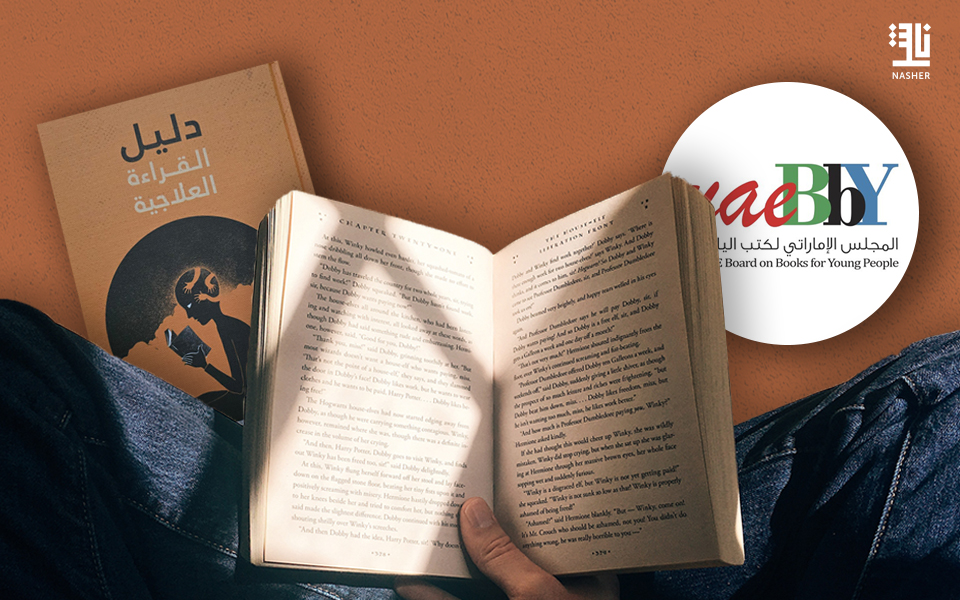In the chaos of modern life and its growing challenges, people seek safe outlets to release emotions and tend to inner wounds. Here, reading emerges as more than just a pastime, it becomes a ritual of self-reconciliation. A book does not merely offer words; it offers reflections of ourselves in stories and experiences that resonate with us, even when they differ in form or time.
It is from this understanding that the concept of bibliotherapy, using books as a therapeutic tool, was born. This approach relies on the power of storytelling to open windows of hope and build bridges between personal struggles and the collective wisdom of literature. While bibliotherapy has ancient roots, it is increasingly recognized today by mental health professionals and educators as a powerful tool for calming, guiding, and restoring emotional balance.
In this light, books are no longer just sources of knowledge or entertainment; they become sanctuaries for the soul and effective tools in times of psychological crisis. Bibliotherapy allows readers to find themselves within a story, reframing their emotions through identification with characters or contemplation of events. Words can ease burdens and assure children and youth that what they feel is neither strange nor shameful, it is deeply human.
Since 2017, the UAE Board on Books for Young People (UAEBBY) has taken a pioneering step by organizing an intensive series of workshops to train the country’s first specialized team in bibliotherapy. This core group laid the foundation for a structured effort involving writers, publishers, and mental health experts, all working together to harness literature as a tool for psychological support. Their joint efforts also led to the creation of a curated Arabic book list tailored for children living in distressing conditions, particularly those affected by war, trauma, or displacement.
In 2018, the UAEBBY developed the first Arabic-language bibliotherapy guide, a comprehensive theoretical and practical resource outlining key stages of bibliotherapy and how it differs from clinical methods. It offers clear criteria for selecting texts suitable for different cases. Published by Kalimat Group in 2021, the guide filled a significant gap in Arabic literature and serves as a practical model for use in schools, libraries, and therapeutic settings.
What also sets this experience apart is its openness to different types of books, including wordless picture books. proven effective in therapy programs, especially with children who cannot yet read or who come from multilingual environments. These books allow readers to create meaning on their own and express their emotions freely without overt guidance. The UAEBBY has actively promoted this genre by organizing dedicated exhibitions and integrating such books into their therapeutic framework.
At a time when the need to support children’s and youth’s mental wellbeing is more pressing than ever, the UAE Board on Books for Young People stands as a model of how literature and healing can merge. Through this initiative, the UAEBBY has offered more than just books, it has offered hope, safe spaces for expression, and unspoken messages that tell every child: “You are not alone, there’s a story out there that mirrors your own, and a path forward filled with healing and hope.”







